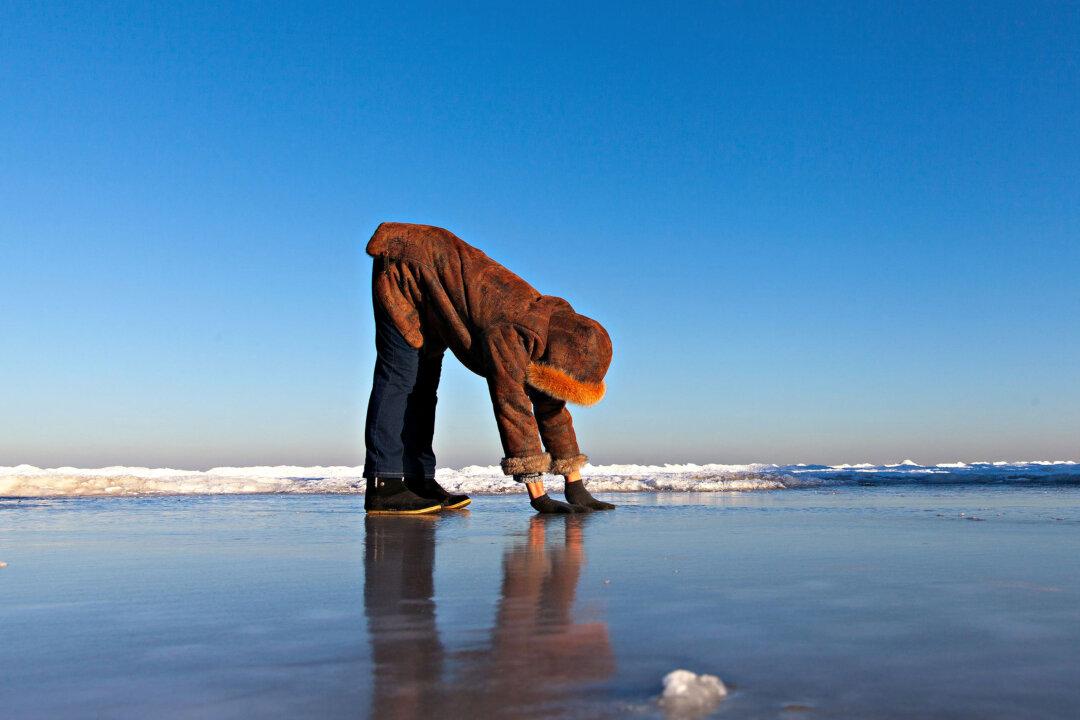I had a plan to take a month long road trip out West. I would spend my time driving country roads, taking memorable photographs, and soaking in the mountain scenery of Colorado. The trip began with long roads and mountain vistas, but it turns out that I ended up in a very different place—while still remaining in Colorado.
About a week into photographs and mountain roads, my son, who lives in Colorado, was diagnosed with a devastating and life-altering illness. He was really sick, and fortunately I was nearby. I spent the next month sitting with him in the hospital, visiting doctors, managing medications, and quietly falling apart.





